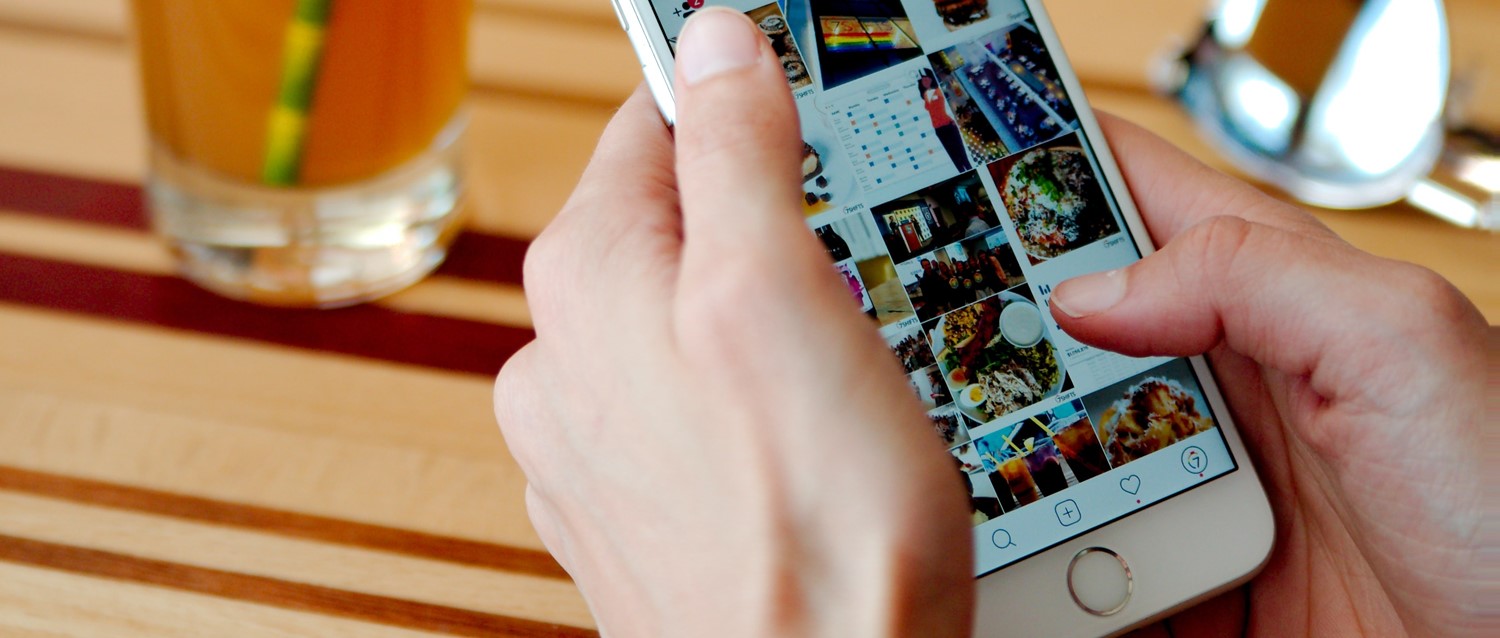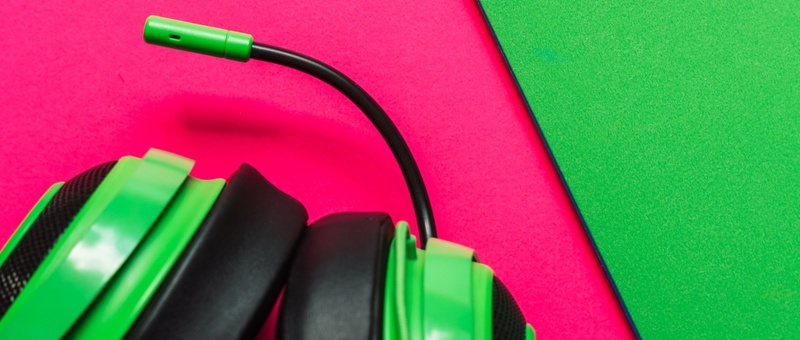
Tips for a healthier online life
Peer reviewed by Dr Sarah Jarvis MBE, FRCGPLast updated by Lydia SmithLast updated 13 Jul 2020
Meets Patient’s editorial guidelines
- DownloadDownload
- Share
- Language
- Discussion
Our time online can be productive and fun, but sometimes the internet can feel a bit much. It's easy to get involved in a heated debate on Twitter or to compare ourselves to others. So how can we engage in healthy ways which don't negatively impact ourselves or other people?
In this article:
Video picks for Online and social media
From the minute we wake up, we spend hours each day online. We reply to emails, scroll through social media feeds, play games and chat. In fact, research shows we spend nearly seven hours online every day - the equivalent of around 100 days every year.
Losing a sense of reality
It's easy to lose track of the real world when we spend a lot of time online. We can become preoccupied with 'likes' or how popular we appear. And although we're able to connect with friends, the internet can be a breeding ground for divisive comments and arguments which can have a knock-on effect on our mental health.
Online, people choose what to reveal about themselves and tend to filter or minimise negative characteristics. This means we rarely get a realistic view of what other people's lives are actually like. We only see the good - the exercise goals, holidays and promotions - and not the bad. We're also constantly bombarded with pressure to be a "better version" of ourselves, which can have a significant impact on our self-esteem.
"In particular, Facebook can make people feel inadequate due to the 'in-your-face' friend tallies, status updates, and pictures of others having a good time," says psychologist Richard Reid, member of the British Association for Counselling and Psychotherapy and founder of the Pinnacle therapy clinic.
Being online can feel addictive, too. In some cases, gaming, scrolling and chatting online can take over our lives, negatively affecting our relationships, work and well-being.
Crucially, both adults and young people can find themselves struggling. One study found four of the five most popular forms of social media are damaging to young people's mental health because they exacerbate body image worries, as well as feelings of loneliness and inadequacy.
Signs of bullying and low self-confidence
Back to contentsIt's important to be able to recognise when being online is affecting your or a friend's health. It’s also helpful to be able to recognise the signs of online bullying, particularly among children and young people.
"The young person may seem agitated when they get a notification, become more irritated after looking at their phone or even seem frustrated with their phone," says Dr Hayley van Zwanenberg, a child and adolescent psychiatrist at Priory Wellbeing Centre Oxford
"They may also look tearful or try to isolate themselves after reading a message. Some young people may also change how they use their online devices, either avoiding them or checking them much more frequently."
Changes in behaviour may also be the sign of a problem too. "When young people are lacking in confidence, they may be reluctant to engage with people socially, especially those they do not know well," van Zwanenberg says.
"Young people can also become reluctant to respond to messages from their friends for fear of responding in the wrong way. At times, low self-esteem impacts negatively on sleep as young people can lie awake worrying and thinking negatively about themselves."
Continue reading below
Signs of addiction
Back to contentsSigns of becoming addicted to social media, forums, gaming or online gambling may include cancelling events or activities in real life to spend more time online, or someone spending less time doing other things they used to enjoy. They may become withdrawn and isolated, or feel anxious or agitated when doing other things instead.
For example, online gambling sites can pose a very clear risk of addiction. "Your gambling might be becoming problematic if you're finding you're unable to stick to the financial or time boundaries you've set," says Sam Hickey, addictions therapist at Priory Hospital Woking.
"If you're gambling with more money than you can afford to, getting into debt or becoming secretive about your gambling, it's likely that your gambling is be becoming problematic. If you're feeling the need to try to win back any money you've lost or are desperate to win a certain amount, these can also be warning signs."
How to have a healthy online life
Back to contentsThe good news is that there are several steps you can take to stay happy and healthy online.
Remember it isn’t a neutral place
"I suggest that the important thing to remember is that the digital environment is not just a neutral place where people post and share images and comments," says Professor Sonia Livingstone, of the department of media and communications at the London School of Economics and Political Science.
"It's a commercial environment designed to maximise the time we spent on sites or activities or advertising that big business has paid for."
The algorithms that determine what we see or what is recommended to us are meant to keep us watching - and they may offer ever more extreme material in some cases.
"So engage with the digital world, but on your own terms," Livingstone says. "Keep asking - is this what I want to see? How does this make me feel? Shall I do something different now?"
Use it for socialising
Daniel Fryer, a CBT therapist at Priory Hospital Bristol, says the problem isn't necessarily with social media, but with how you use it.
"The emphasis is meant to be on the social aspect, so use it for that. Keep in contact with friends and family who aren't close by, and post nice pictures of you living your life," he says. "You don't have to post the best possible version of yourself; we can't all be living our best possible lives all the time. Just make your posts reflections of an engaging and meaningful life."
Don’t compare yourself to others
"Above all else, avoid social comparisons. Despite what it is being used for, social media is not a competition or a game of one-upmanship. Let other people play that game, you don't have to," Fryer says.
Remember, your worth isn't based on likes or followers. "It doesn't matter how many we get," Reid says. "It doesn’t make someone better if they have more likes than you and it doesn't make you better if you have more likes than them.”
Be positive and don't judge
It's easy to get bogged down in negativity online, whether it's an offensive comment on Twitter or a heated debate. Try to focus on the positives instead.
"Post happy things and fun announcements. Share the exciting things in your life and the things that bring you joy. Focus on the good things and share them with your friends," Reid says. "Don't judge others. So often we feel like we need to put others down to build ourselves up."
Think before you post
Reid recommends thinking twice before posting on social media or forums. "A few questions to ask yourself before posting a thought or picture: Will this hurt anyone? Is this positive? Is this necessary? Think about your intentions on why you are posting it," he says.
And before getting involved in an argument, think about the impact it might have on your well-being and assess whether it is worth it. "Sometimes you may have to bite your lip or let it go," Reid says.
Take breaks
Try to be mindful about how much time you are spending online. Take regular breaks from social media and gaming and do other things - go for walks, do exercise, read or see friends.
"Limit your time on there; it's not real. The real world and your real-time social life are right in front of your nose," Fryer says. If you find it hard not to go online, delete apps or put your phone away to avoid temptation.
Patient picks for Online and social media

Healthy living
How much screen time is too much?
In this digital age, much of our time is spent on screen - whether we're scrolling on a smartphone or typing at a PC. And in a time of social distancing, where the internet has come to the fore, many of us worry whether we and our children are spending too much time on screen - but does the science stack up?
by Gillian Harvey

Healthy living
Level up your real life: 6 health tips every gamer needs to know
In video games, all players usually need to do to stay healthy is to drink the occasional healing potion or perhaps grab a floating heart. Avoiding zombies and killer aliens helps, too. In real life, deadly monsters may be less common, but maintaining health is trickier. Luckily, it doesn't take a secret hack to stay well while playing, experts say - and some of their advice might even help you boost your gameplay.
by Michael Merschel
Continue reading below
Article history
The information on this page is peer reviewed by qualified clinicians.
13 Jul 2020 | Latest version

Ask, share, connect.
Browse discussions, ask questions, and share experiences across hundreds of health topics.

Feeling unwell?
Assess your symptoms online for free
Sign up to the Patient newsletter
Your weekly dose of clear, trustworthy health advice - written to help you feel informed, confident and in control.
By subscribing you accept our Privacy Policy. You can unsubscribe at any time. We never sell your data.